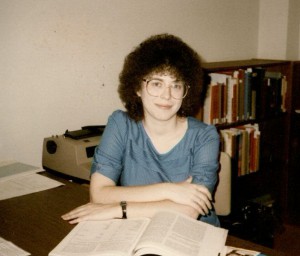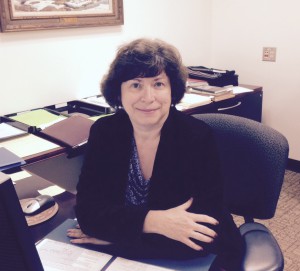 One of the realities of growing older is witnessing profound changes in the world as well as in one’s personal life.
One of the realities of growing older is witnessing profound changes in the world as well as in one’s personal life.
When I started working at Miami as a newly-minted professional librarian in November 1984, there were print collections on all four floors of King Library. The ‘A’ classes in the general collection began on the first floor and wound up to the ‘Z’s on the third. Bound journals took up most of the first floor, and government documents about half of the third. The Instructional Materials Center was on the ground floor (to which, after a brief sojourn on the third floor, it has returned.)
Now the King general stacks are entirely on the second floor. Journals and government documents are mostly online, with the print remains of both collections on the ground floor or at SWORD (our regional depository). It is more common to see students in the libraries focused on laptops and tablets than on printed books.
The one print collection in King Library that has grown during the past 30 years is that in the Walter Havighurst Special Collections.
As a humanist and a book lover, it has sometimes been difficult to accept the fundamental revolution we are experiencing in human communications. It is a rare, if questionable privilege to live through such a time. Letting go of Gutenberg’s remarkably stable technology for an exhilarating yet uncertain digital future can be unnerving. But there is a consolation for those of us who still like the feel of a bound volume of printed paper.
In this new digital context, the physical book has evolved a new meaning. From an object so ubiquitous in the 20th century as to be invisible, appreciated only for its content, in the 21st century the book as a physical object is now of interest to students, researchers and artists. It is this transformation in our perception that I find most fascinating about the Digital Revolution. The printed book is more valued than ever.
Among other things this strengthens the role of our heritage collections in Special Collections and in the Archives. Next spring, after construction scheduled for this winter, the University Archives, including the Western College and Oxford College archives, will move from Withrow Court to the third floor of King Library. Our two principal heritage collections will be united in one location and one department. This union has been a dream of mine for several years, and I look forward to the result that I believe will greatly benefit students, faculty and researchers.
But I’ll be leaving the hard work of bringing this dream to fruition in other more capable hands. On July 1 I will be retiring from the Miami University Libraries after 30 years. Those years included some dark days now and then, but for the most part it has been not only a privilege but a pleasure to be a member of this very fine staff.
Over the last three decades I have met and worked with wonderful colleagues, students, faculty, donors, researchers and alumni and made many lasting friendships. I know I am leaving the Libraries in very good hands. My thanks and best wishes to all of you.
Elizabeth Brice
Assistant Dean for Technical Services & Special Collections
